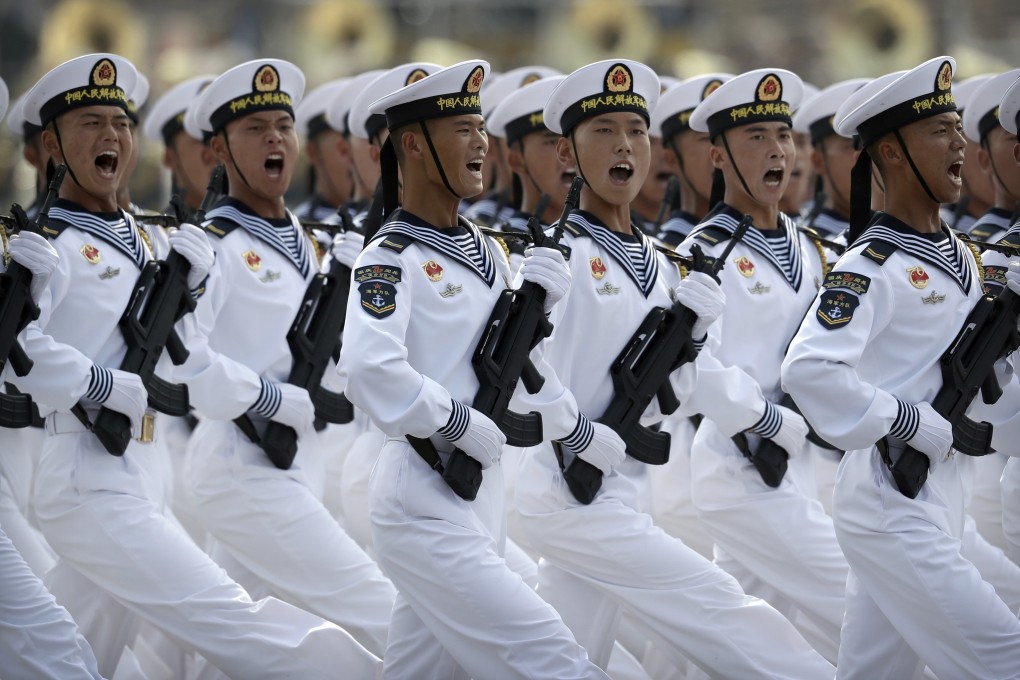China’s military given power to change how it handles criminal cases in wartime
- It will be able to adjust how it applies ‘provisions including those relating to jurisdiction, defence, investigation, prosecution, trial and enforcement’
- Law professor notes that the move leaves ‘room for broad interpretation’ of the term ‘wartime’ and that it will also affect civilians in certain cases

But the move leaves open to further interpretation the definition of “wartime” and will also affect civilians in certain cases, according to a law professor.
The decision was passed by the NPC Standing Committee on Friday and took effect on Saturday.
It allows the military during wartime “to adjust the application of provisions including those relating to jurisdiction, defence and representation, compulsory measures, case filing, investigation, prosecution, trial and enforcement”.
The move comes at a time of rising geopolitical tensions for China, especially across the Taiwan Strait.
The NPC statement said the decision was made “to improve the rule of law system in the military with Chinese characteristics”. It also sought to safeguard military missions and “improve [the People’s Liberation Army’s] ability to win in combat”.
The Criminal Procedure Law regulates criminal investigations and the rights of suspects. Its supplementary provisions stipulate that the military has the authority to conduct investigations into criminal cases that occur within the army.